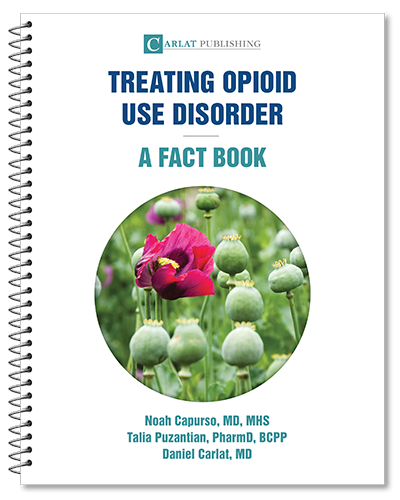Home » Note From the Editor-in-Chief
Note From the Editor-in-Chief
June 10, 2020
From The Carlat Addiction Treatment Report
Benjamin Oldfield
Editor-in-Chief of CATR. Clinical Instructor in Medicine and Pediatrics at Yale School of Medicine; Chief Medical Officer at Fair Haven Community Health Care, CT.
Dr. Oldfield has disclosed that he has no relevant financial or other interests in any commercial companies pertaining to this educational activity.
The expansion of telemedicine—which health systems had been slow to adopt and payers had been reluctant to reimburse for years—has zoomed ahead in recent weeks. Sure, it’s not perfect: The video connections can be finicky, and learning new digital platforms can pose challenges for both patients and providers. But with this transition come enormous opportunities to meet patients where they are and minimize their barriers to care.
Lately, I’ve engaged patients in addiction treatment who were previously too fearful to make their symptoms known, or felt too branded to come to the clinic. Now that the opportunities have arrived, it’s on us to develop and refine effective and safe ways to engage patients in addiction treatment via telemedicine. In our next issue (July/August), we’ll address telemedicine as an approach to care for addiction treatment, and weigh the evidence for its use in various models. Good luck to you in your tele-endeavors, keep innovating, and please do share your ideas.
Regards,
Benjamin Oldfield, MD
AskTheEditor@thecarlatreport.com
Addiction TreatmentLately, I’ve engaged patients in addiction treatment who were previously too fearful to make their symptoms known, or felt too branded to come to the clinic. Now that the opportunities have arrived, it’s on us to develop and refine effective and safe ways to engage patients in addiction treatment via telemedicine. In our next issue (July/August), we’ll address telemedicine as an approach to care for addiction treatment, and weigh the evidence for its use in various models. Good luck to you in your tele-endeavors, keep innovating, and please do share your ideas.
Regards,
Benjamin Oldfield, MD
AskTheEditor@thecarlatreport.com
Issue Date: June 10, 2020
Table Of Contents
Recommended
Newsletters
Please see our Terms and Conditions, Privacy Policy, Subscription Agreement, Use of Cookies, and Hardware/Software Requirements to view our website.
© 2025 Carlat Publishing, LLC and Affiliates, All Rights Reserved.


_-The-Breakthrough-Antipsychotic-That-Could-Change-Everything.jpg?1729528747)



